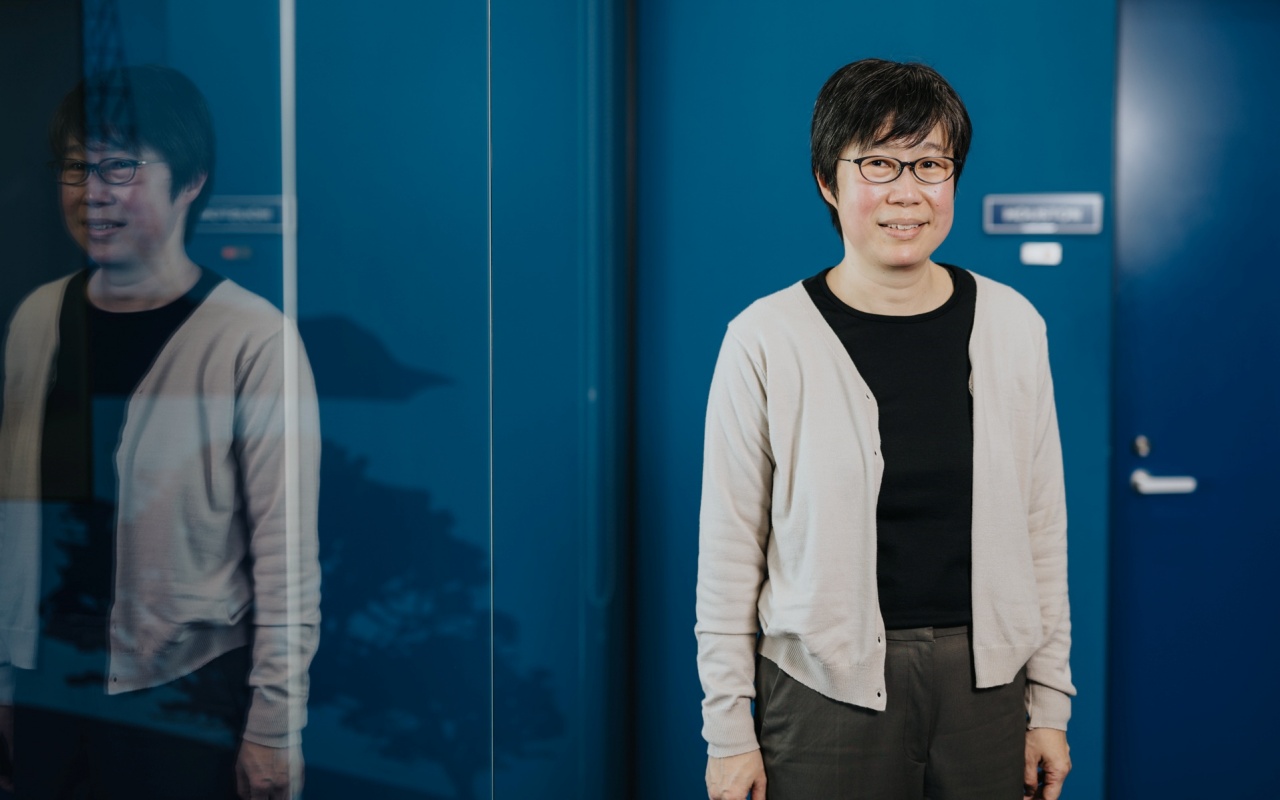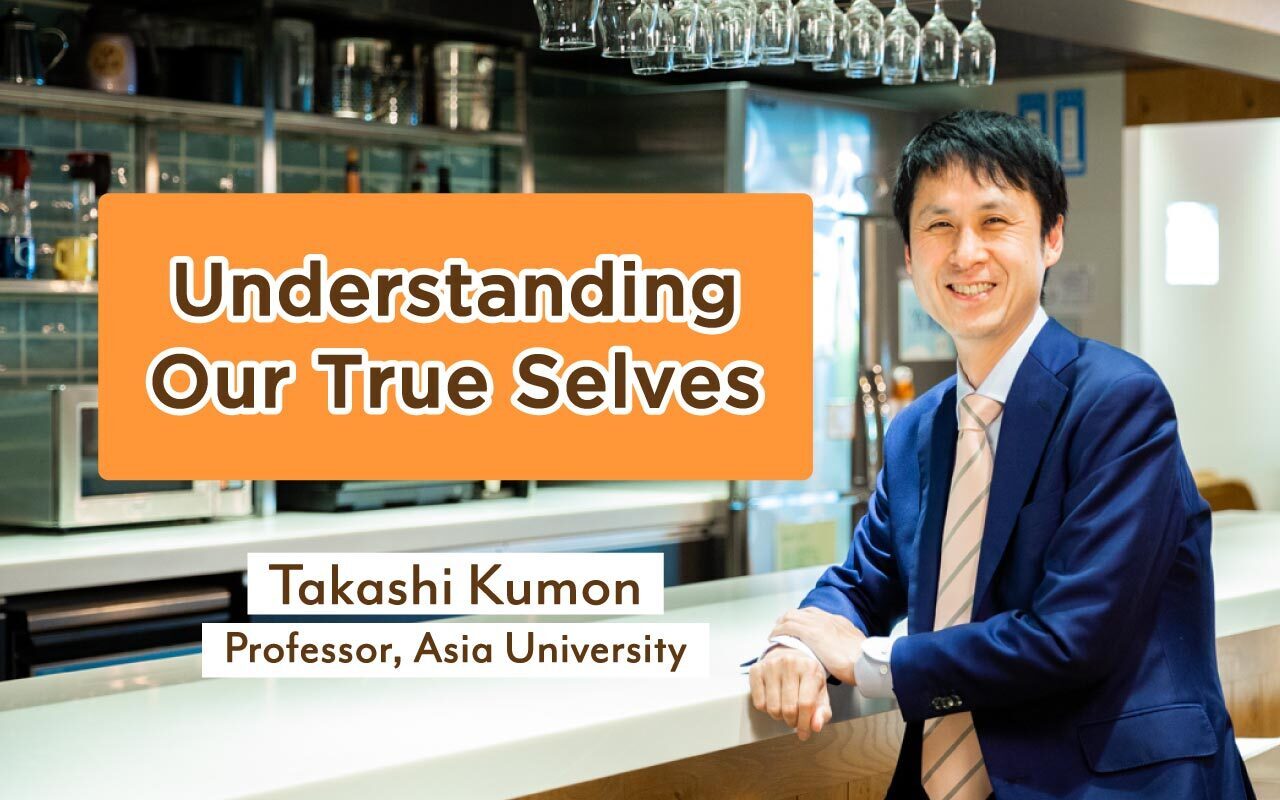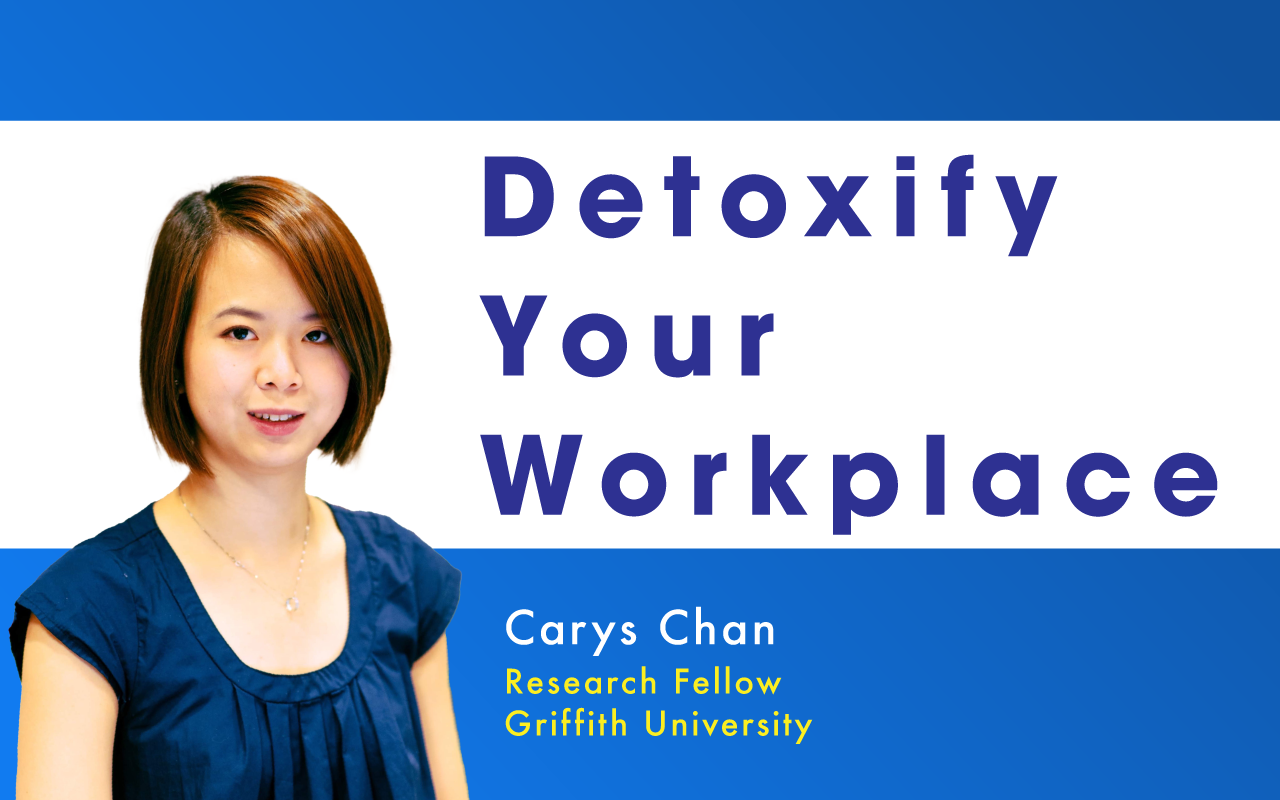Medical expert offers tips on how foreign workers can navigate Japan's health care system
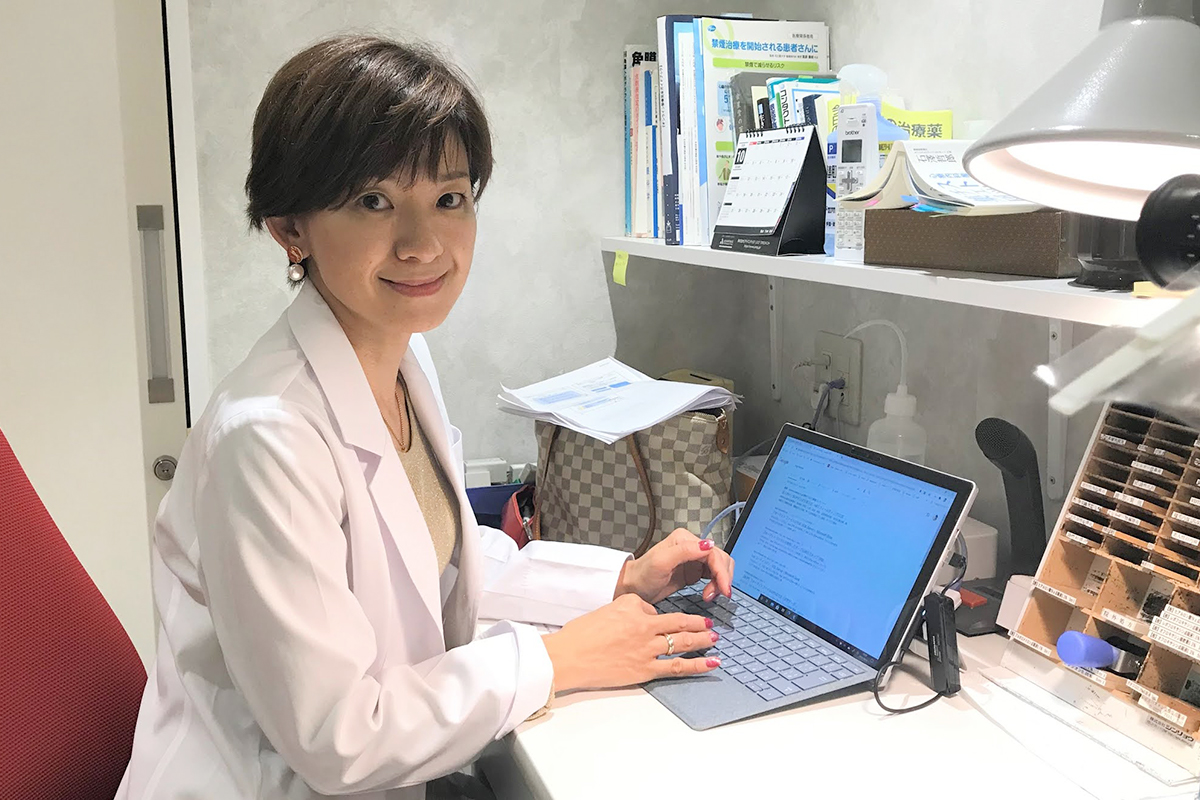
Dr. Shinko Yajima, president of Doctor's Healthcare Co., who is well versed in cross-cultural medical issues, advises many patients at Shibuya Garden Clinic in Tokyo about health issues. DOCTOR'S HEALTHCARE CO.
This is the fourth article in our series "Diversity and the future of the Japanese workplace." Together with The Japan Times, we examine the changing workplace environment and what the future of work may look like as companies embrace diversity, internationalize their human resources and adapt to new working conditions.
We tend to take our health care coverage for granted, but it's a major topic for those of us living and working abroad, where cultural differences come into play. Dr. Shinko Yajima, president of Doctor's Healthcare Co. and well versed in cross-cultural medical issues, shared her insights on how foreign nationals can navigate the Japanese medical system, along with some helpful advice for staying healthy on the job, whether working in the office or remotely.
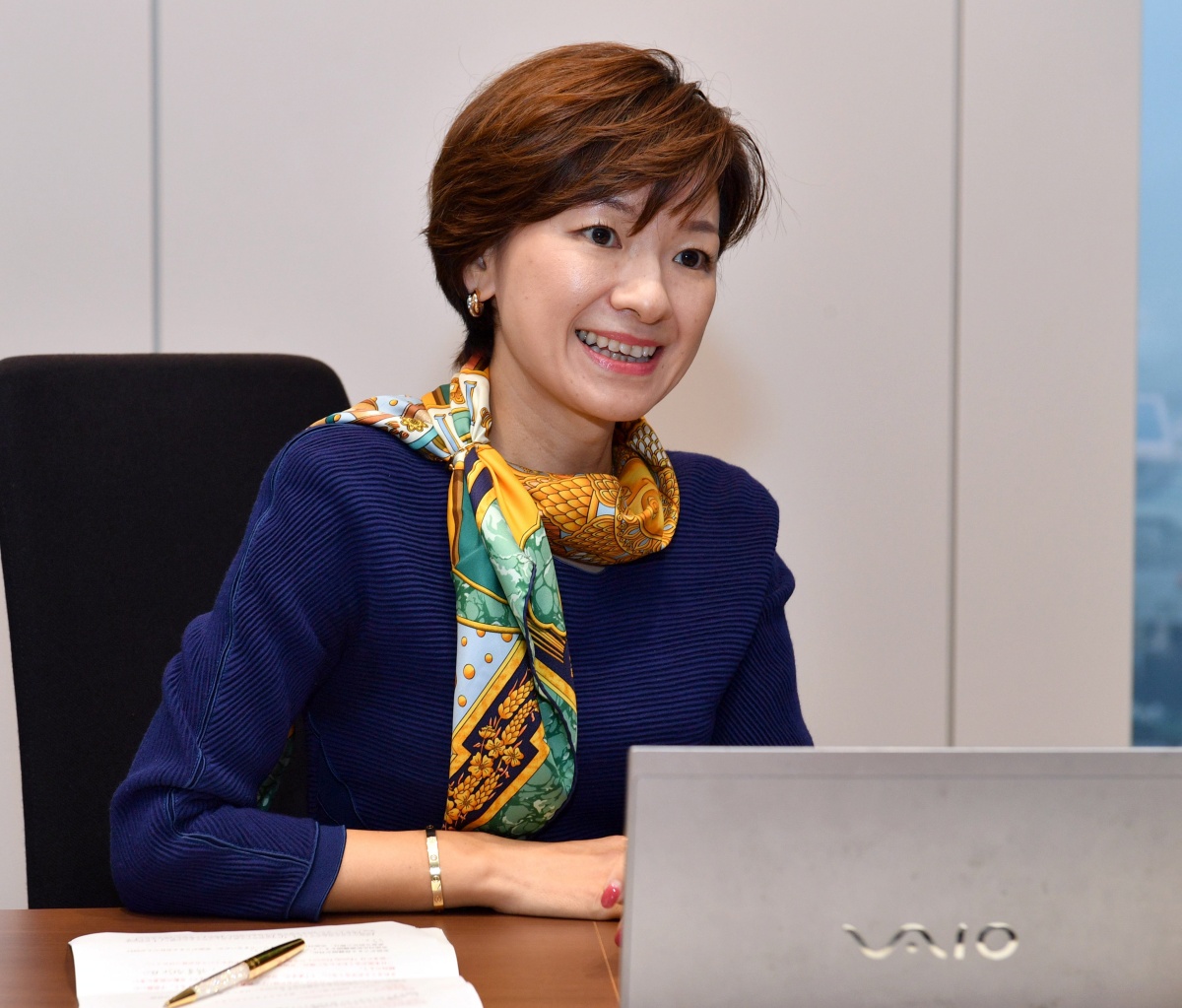
Dr. Shinko Yajima talks about how better communication can help people stay healthy in a foreign country during an interview in Tokyo on Oct. 9. YOSHIAKI MIURA
"Maintaining good communication is key," Yajima said in a recent interview, speaking about how communication can help avoid misunderstandings, reduce anxiety and ultimately contribute to staying healthy in a foreign country. While cultural differences are part of what makes foreign health care systems difficult to navigate, it's important to keep in mind that all health care systems are designed to reach the same outcome: healthier patients. Communicating around cultural differences can go a long way in relieving the malaise patients may feel when seeking treatment in a foreign culture. In addition, communication plays a vital role in maintaining healthy relationships with coworkers, which is all the more important now that more people are working remotely.
A graduate of the Tokyo Medical and Dental University School of Medicine, Yajima obtained a doctorate of medicine in public health. Having previously studied for a degree in health economics in Paris, she also has firsthand experience in dealing with health care in an unfamiliar culture. Today, she combines her role as an occupational health physician with running her company, assisting both Japanese and international firms in supporting employee well-being.
"Under Japanese employment law, companies with more than 50 employees are required to have a monthly visit from an occupational health physician, or what is called a 'company doctor' in the United States," Yajima explained.
Japan's universal health care
Japan offers a universal health care insurance system, with all residents required to have insurance coverage. Employees are usually enrolled in their firm's health insurance program, while non-employees can participate in the national health insurance program. Medical fees are strictly regulated by the government to keep them affordable. Depending on income and the age of the insured, patients are responsible for paying 10%, 20% or 30% of medical costs.
Patients are free to seek treatment from any medical facility. Health insurance is accepted everywhere, meaning every resident can receive medical care, irrespective of their income level. For those experiencing Japanese health care for the first time, the wide range of available choices may seem bewildering when they are looking for a health care provider, and Yajima recommends checking out a clinic's homepage or contacting them directly to get more information in advance. Other sources are the websites for major embassies in Japan, which sometimes list foreigner-friendly medical facilities, or recommendations on social media groups for foreign nationals in Japan.
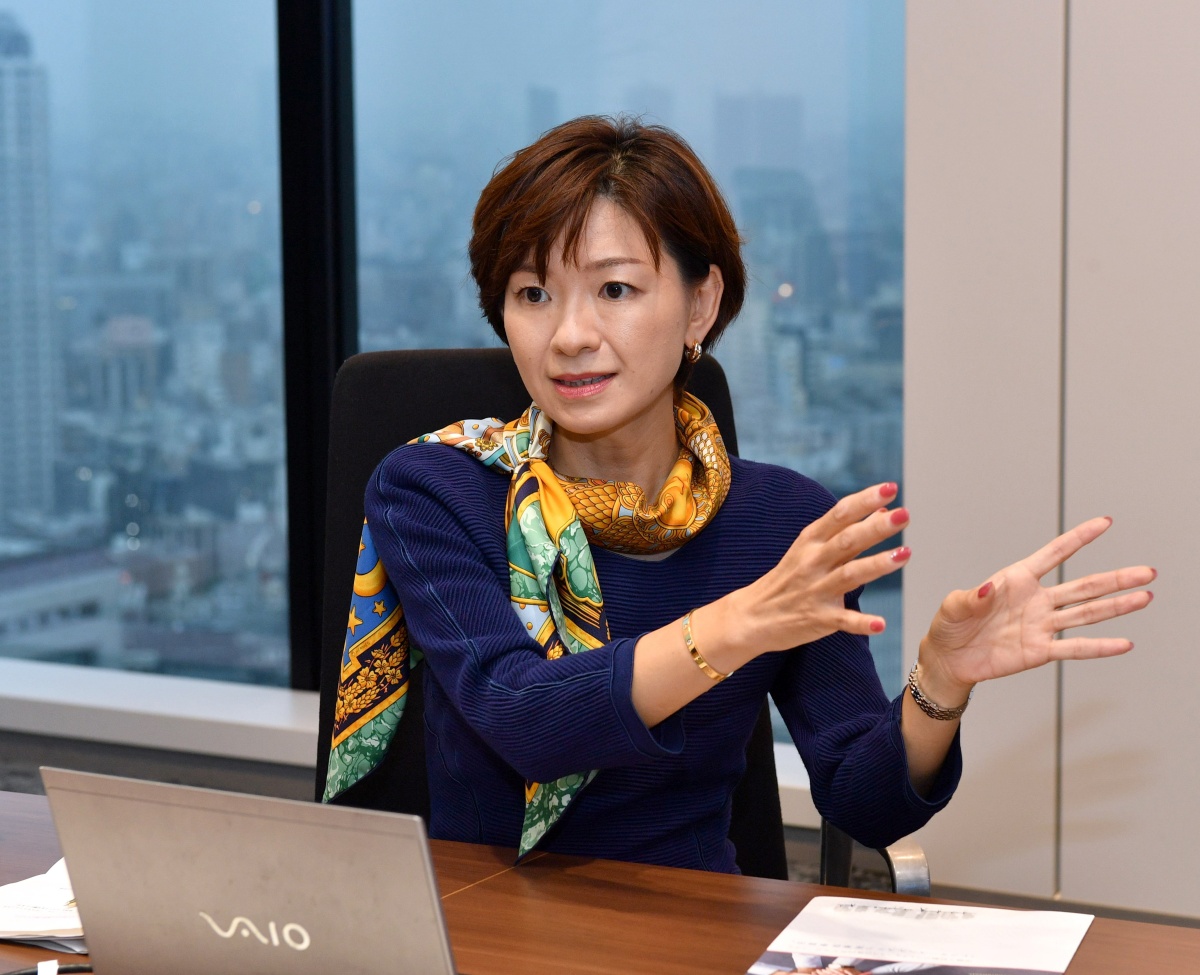
Dr. Shinko Yajima speaks during an interview at Cybozu Inc.'s headquarters in Tokyo on Oct. 9. YOSHIAKI MIURA
In addition, health care providers make it easy for patients to sign up for comprehensive annual medical exams that are covered by health insurance. Under Japanese law, companies are required to make their employees go through annual medical check-ups and help them take advantage of Japan's high-quality health care, which can lead to the early detection of various health problems and facilitate putting in place appropriate treatment plans.
Due to the fact that people can seek treatment wherever they like for a low cost, many clinics attract a high number of patients. The actual time spent with the doctor is short, and so may feel very rushed for people who are used to the more leisurely type of consultation that is common overseas. As a result, it can also be difficult to squeeze in time to ask questions. To make the most of the consultation, Yajima suggests jotting down any questions in advance.
Many specialized departments at bigger hospitals have rosters with several different doctors, depending on the day of the week. Yajima said that the Japanese approach to longitudinal care is directly tied to the nature of the medical system—namely having lots of short consultations that are very cost-effective. A patient may be referred to other doctors with more expertise if the person requires specialized treatment. But for those seeking ongoing treatment, once they find a preferred physician, she advises timing visits in order to continue seeing the same doctor on a regular basis.
Cultural misunderstandings
When people from different backgrounds come together in the workplace, cultural misunderstandings are bound to arise, and the topic of health care is no exception. Yajima remembers one case particularly clearly.
"An American employee was advised to lose weight following a company medical check. She subsequently lost around 20 kilograms but was then left with folds of loose skin, and so wanted to have it taken care of with surgery," Yajima recalled. "This surgery isn't readily available in Japan, and so she decided to go to the U.S. and asked her company for medical leave.
Since her company didn't regard the surgery as a valid health concern, her leave was denied. She felt like she was being unfairly treated, since the reason she needed the surgery was a direct result of the medical advice she had received through the company."
According to Yajima, such cultural misunderstandings can become a catalyst for mental anxiety and stress.
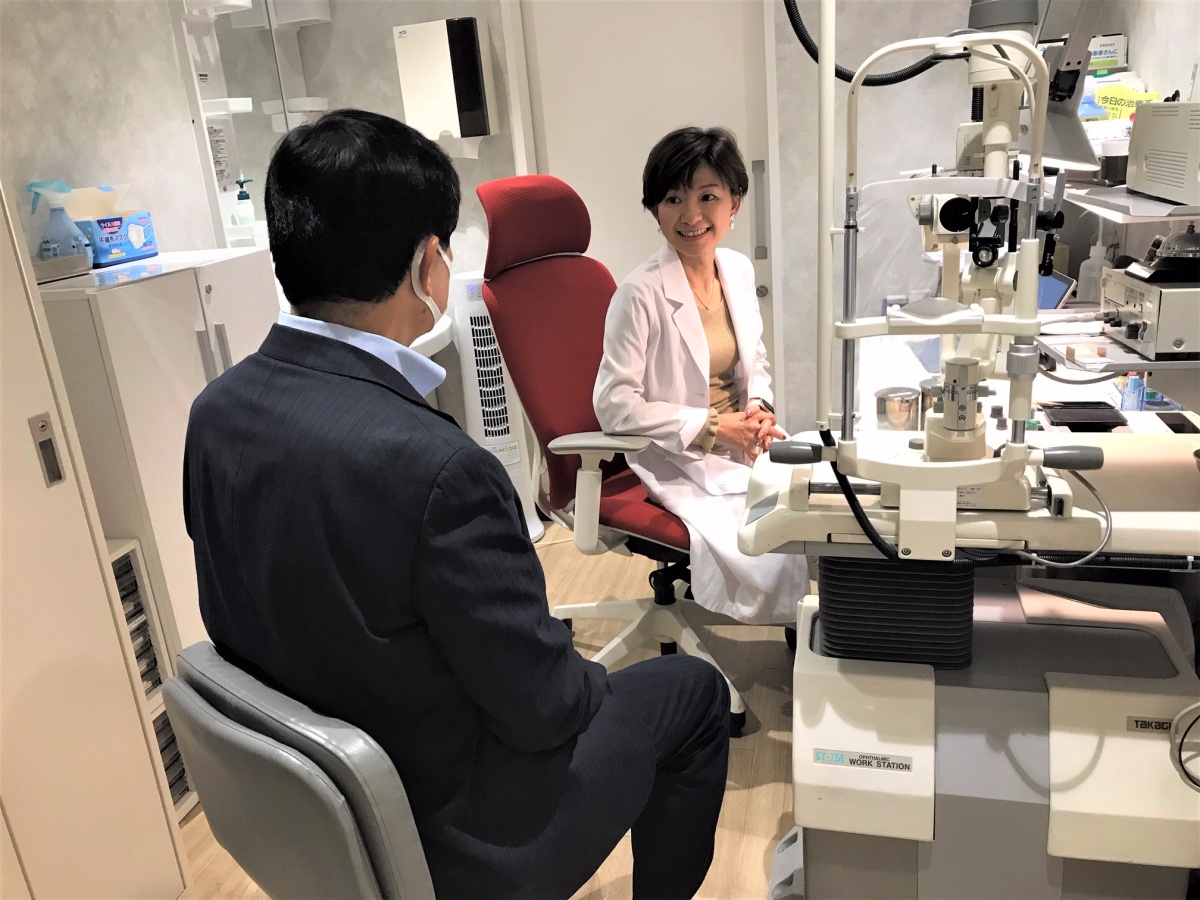
Dr. Shinko Yajima, talks to a patient at Shibuya Garden Clinic in Tokyo on Oct. 13. DOCTOR'S HEALTHCARE CO.
This is where medical professionals with multicultural experience can play a critical role. The physicians and nurses at Doctor's Healthcare are well versed in the various issues facing employees. In addition to physical health, since around 2000, Japan has also been devoting more attention to mental well-being. "Issues like depression in the workplace are increasing in Japan, and that has become a key area for our firm," said Yajima.
Based on her experiences with client companies, Yajima pointed out that something as simple as an employee making a medical request to their employer may lead to discord. Japanese usually adopt an indirect communication style, while many non-Japanese come from cultures where direct communication is valued. As a result, what would seem like an innocuous, straightforward request from a foreign subordinate can feel demanding to a Japanese boss, leading to mental health issues down the road. Understanding different cultures and having more communication will help ease anxieties on both sides, according to Yajima.
Dealing with the coronavirus
The coronavirus pandemic has had an immense effect on all of us. If a foreign national suspects they have been exposed, what should they do? "Start by checking in with the health professional you normally see, or with your ward or city's health department. They will be able to advise you," Yajima said. On the topic of a future vaccine, she fully expects it will be made available to everyone in Japan, irrespective of nationality.
In line with measures to prevent the spread of coronavirus, a significant number of employees no longer commute to work and some are struggling with issues arising from not being able to work in the office. "Many people in Japan started working remotely in April, so it's no surprise we are starting to see an increase in mental health cases. One of the main reasons is that sleep and work patterns are being interrupted. As employees don't have to get up early to go into the office, some tend to stay up late, surfing the internet and playing online games," Yajima noted. "Maintaining a good routine and healthy sleep habits is key to staying in good health."
Yajima points out that remote work may not be the optimal choice from the perspective of mental health, either. "Particularly for performance-based jobs, employees may experience anxiety over whether they are hitting their goals. We are now seeing both the positive and negative aspects of working from home. Some may also find keeping in touch with colleagues difficult. Going forward, perhaps a balance between working from home and going to the office—a hybrid style—would be best?" she mused.
When dealing with mental health issues, Yajima said it is preferable to seek support before things spiral down to the point that it impacts work performance. Here again, communication with managers and colleagues is vital.Long-term health plan
The topic of cancer has been gaining a lot of media attention in recent years, and according to a 2017 report from the Japan Cancer Society, one in two Japanese people will now experience cancer at some time in their lives. Around one-third of newly diagnosed patients are of working age, but Yajima notes that a cancer diagnosis does not necessarily have to mean quitting one's job.
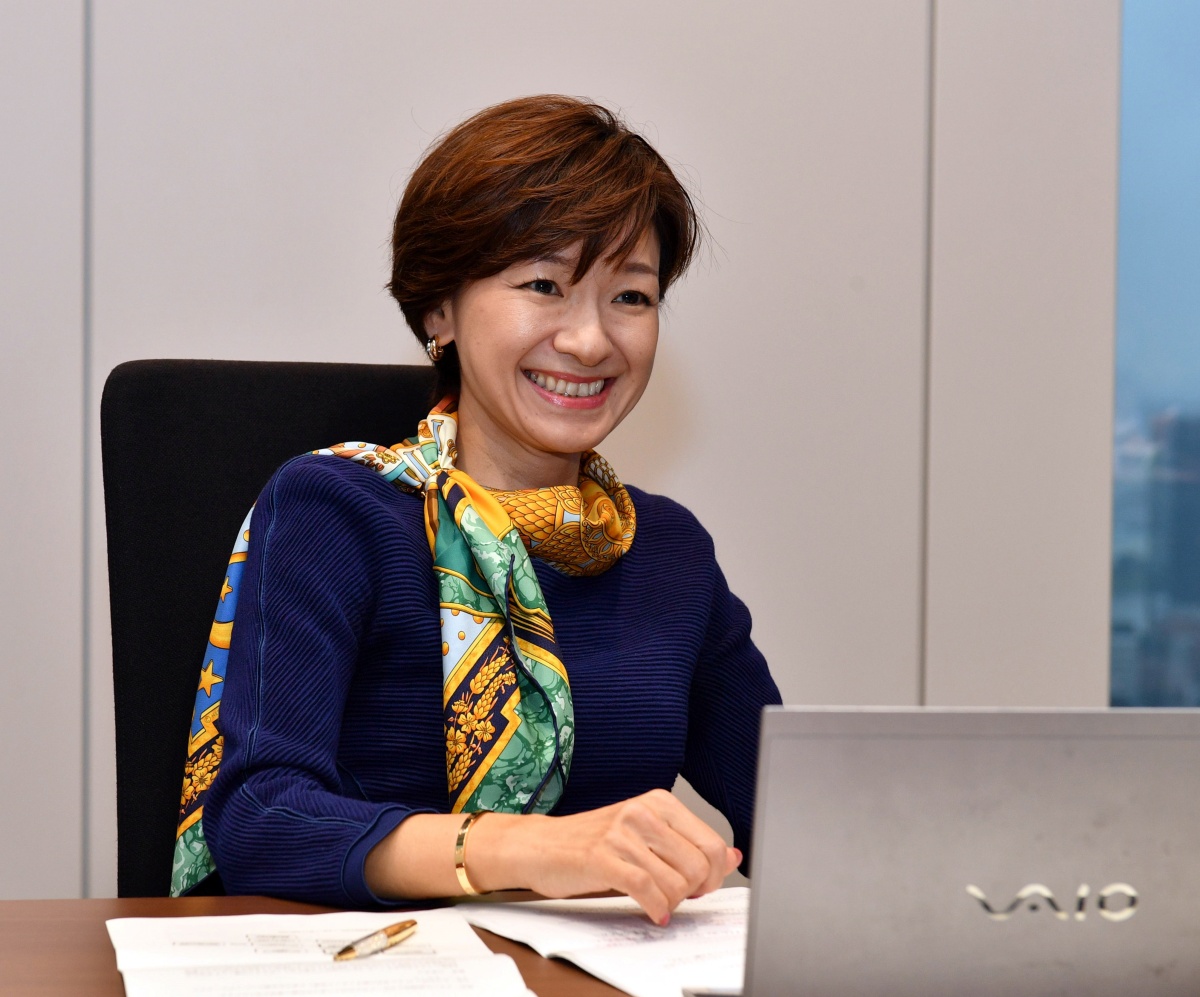
Dr. Shinko Yajima offers advice to foreign nationals on how to deal with COVID-19 and long-term health issues in Japan during an interview in Tokyo on Oct. 9. YOSHIAKI MIURA
Cancer patients generally fall into one of three categories: People who can recover rapidly with treatment and don't need to interrupt their work, those who can continue working while receiving ongoing treatment, and those who require extensive hospitalization or treatment preventing them from working. "However, even among the third group, there are people who are determined to continue working. Particularly right now, with more people working from home, there are increased options for such patients, and part of our role is supporting them," she explained.
Nobody wants to think about having to deal with a major illness such as cancer in their lives, but Yajima advises foreign nationals in Japan to consider what they would do in such a scenario. "If your visa status is tied to employment in Japan and you did have to give up your job, what would you do? It's best to have some kind of backup plan in mind, particularly for those approaching middle age," she said.
While each of us hopes for a smooth and healthy transition into retirement and beyond, it's never too early to consider what we would do should things not go the way we planned.
Written by Louise George Kittaka. Edited by Alex Steullet, Ade Lee, Mina Samejima, and The Japan Times. Photographs courtesy of Yoshiaki Miura and Doctor's Healthcare Co.
Writer
Editor

Alex Steullet
Alex is the editor in chief of Kintopia and part of the corporate branding department at Cybozu. He holds an LLM in Human Rights Law from the University of Nottingham and previously worked for the Swiss government.
